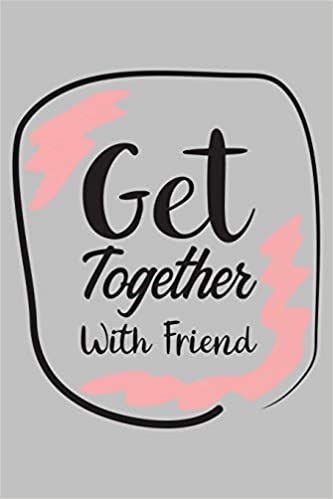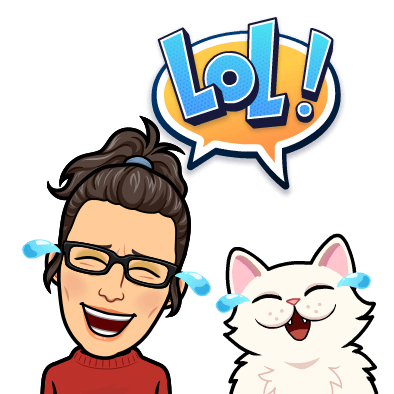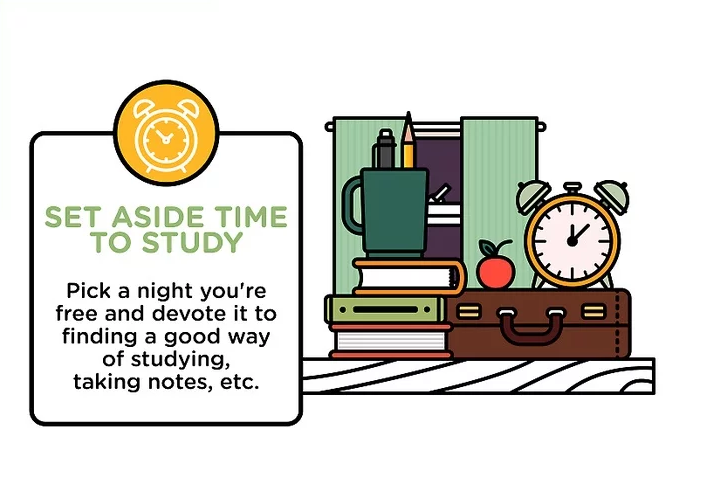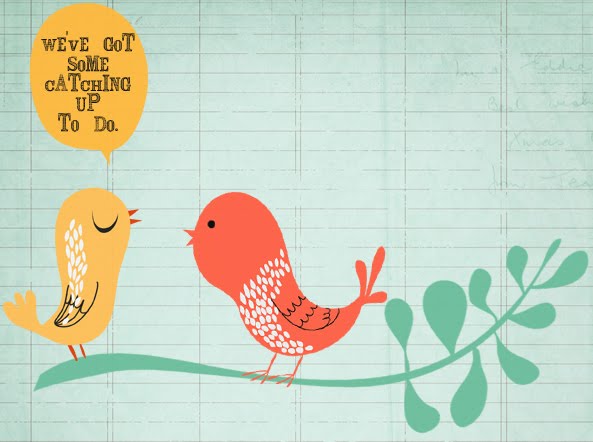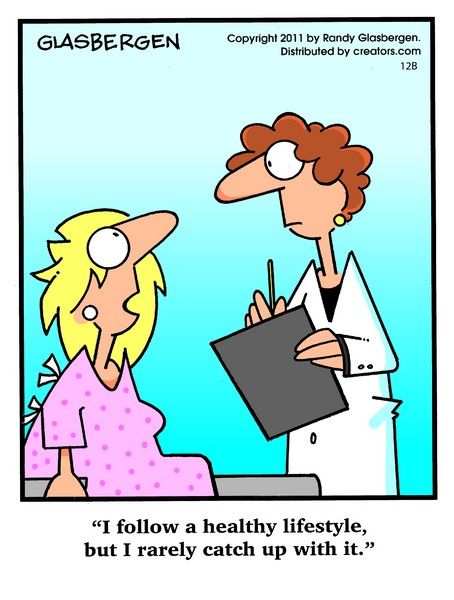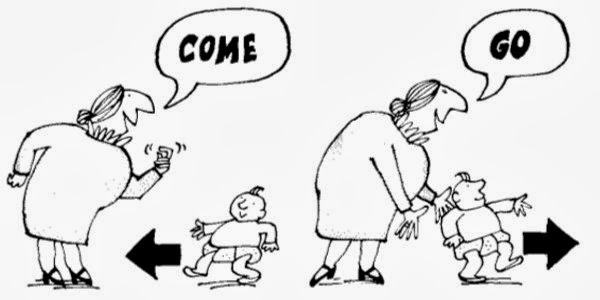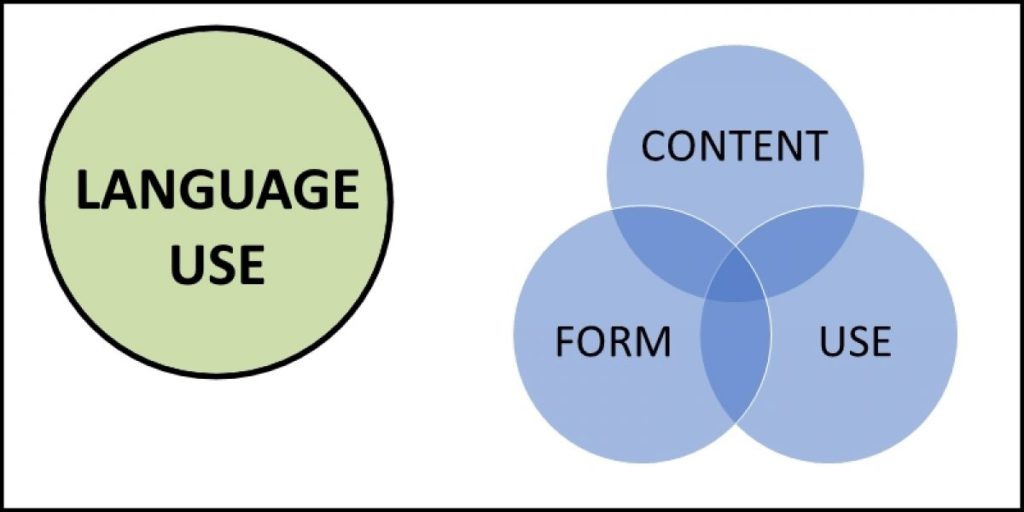
Since the Coronavirus disease oubreak, we have been learning many words, expressions, idioms, in order to be able to speak about the virus, herd immunity, safety measures, our new routines, work from home, remote learning, emotional responses… Videos, songs, poems, jokes, which refer to the pandemic, that inform, entertain or motivate us.
Four months of Blog posts, which would result in an extensive list if I added the links here. So scroll down andreaalthoff.com.br, to view them.
So now I want to show you a few more useful phrasal verbs, a verb and expressions, all in context, through this beautiful, inspiring message.
I can’t take it anymore!
This sentence is used when a person is annoyed very much, that he or she cannot mentally, emotionally, or physically deal with or adjust to something or someone anymore.
Check also I can’t bear it.
Miss
Portuguese learners like to say that there isn’t a word for “saudades” in English. But there’s not really accurate. The truth is, that there isn’t a noun that is used the same way as the Portuguese noun.
However, miss, a verb, in the context of the video, means to feel sad because you do not have something or cannot do something you had or did before:
I miss the car, but the bus system is good.
Aside from that, miss verb, means to feel sad because someone you love is not with you:
She missed her family badly.
Think to myself
“And I think to myself…”
That’s a verb + preposition. Think of/about is used to ask someone for their opinion: What do you think of your new school?
Pass away
To die – use this when you want to avoid saying the word ‘die’. Check the Blog post for more.
Get through
To come successfully to the end of an unpleasant experience or period of time, or to help someone do this:
I know we’re going to get through the pandemic.
Check this video for get through in context.
Go by
If time goes by, it passes:
Things will get easier as time goes by.
Get down
To make someone feel unhappy and tired:
His lack of social life was beginning to get him down.


